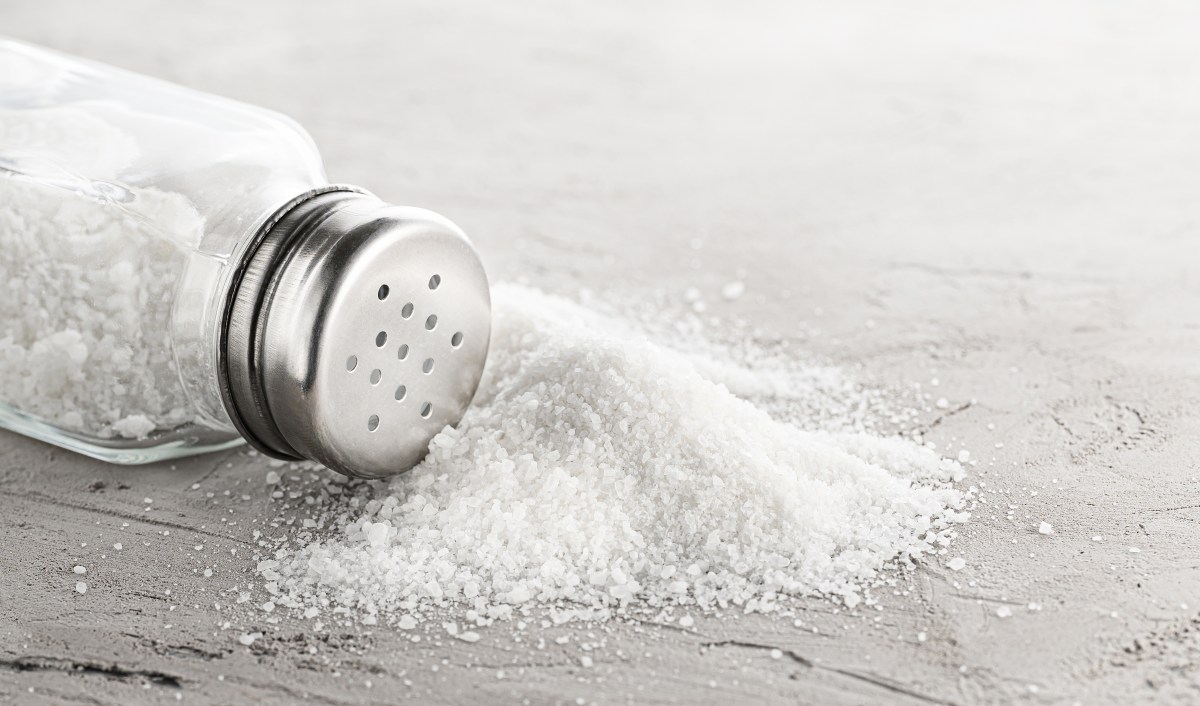In an action held at the Havana Convention Center on the occasion of the Cuban Flag Day, celebrated on January 15, IPK was honored for his work in the period 2021-2022.
Recently, the Cuban Academy of Sciences awarded IPK the National Prize for Scientific Research Results for its contribution to the fight against Covid-19.
IPK was founded in 1937 by Professor Pedro Curie, and during these years has achieved international recognition for the results and numerous related awards from researchers.
On a national level, it is the highest authority in the disciplines of microbiology, parasitology, tropical medicine, and clinical epidemiology of infectious diseases.
Since the beginning of the epidemic in Cuba, the IPK has done an effective job in diagnosing and treating Covid-19.
Another important activity is preparing central laboratories in other governorates to study the samples collected to detect the presence of Covid-19, without giving up their responsibility as an administrative center for these investigations and diagnoses.
The advanced entity initially trained more than seven thousand virologists, specific signs and symptoms of this highly dangerous and rapidly spreading disease.
As a research institution with extensive experience, all of this work in medical care, diagnostics and referral has allowed it to develop protocols for care, virological diagnosis, and biosafety to combat Covid-19.
The work of the IPK made it possible to better organize health services, predict the severity of infections, use the most effective medicines and adopt the best international protocols.
jha/joe








More Stories
“Those who go to museums but do not see an oak tree in the countryside should blush.”
Michoacana Science and Engineering Fair 2024, When the Call Ends – El Sol de Zamora
Dr. Miguel Kiwi, winner of the National Science Award, gives his opinion on nanoscience in Chile